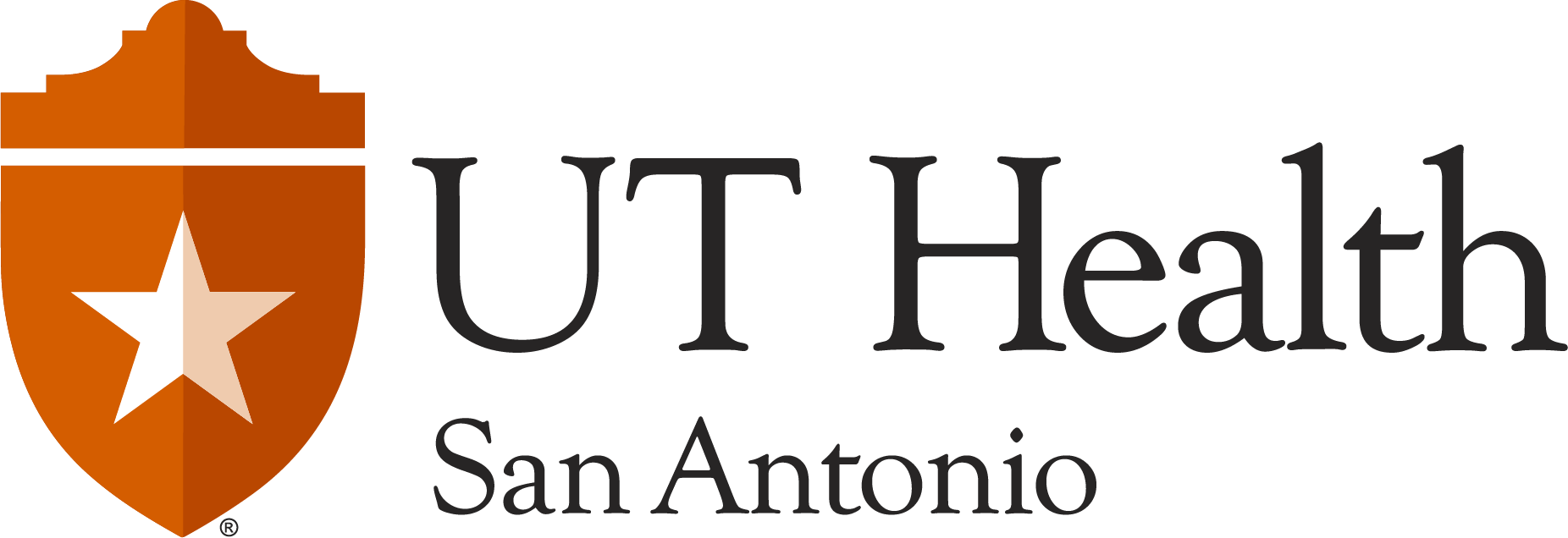Certificate in Biomedical Data Science
Overview
The Certificate in Biomedical Data Science (CBDS) program is focused on the cutting- edge field of Biomedical Data Science, including big data, machine learning, and informatics. Data science is the process of discovery and building valuable insights from data, and biomedical data scientists have a fundamental understanding of biology, medicine, computer science, and statistics. Data scientists play an increasing role shaping the future of biomedical research and healthcare practice.
The Certificate in Biomedical Data Science (CBDS) program provides specialized education for students to gain experience to speed the development of Biomedical Data Science strategies, refine education programs for future leaders in the field of Biomedical Data Science (BDS), and translate BDS research findings into public health messages. Trainees will pursue careers with the National Institutes of Health, academic research centers, state agencies, and the Centers for Disease Control and Prevention (CDC).
The educational objectives of the CBDS are for students to have the fundamental understanding and abilities to utilize data science programming and tools to make data driven discoveries and develop user friendly and powerful data science applications, cross-cutting best practices for developing informative visualizations, application of supervised and unsupervised techniques for machine learning, and the ability to assess and optimize artificial intelligence solutions for real-world performance.
The specific aims of the Certificate in Biomedical Data Science Program are to:
- Support the intellectual environment at UT Health San Antonio for clinical and translational science.
- Provide fundamental curricular activities in translational science to UT Health San Antonio students, postdoctoral trainees, clinical residents and fellows, and faculty from the Schools of Medicine, Nursing, Dentistry, Allied Health, and Graduate School of Biomedical Sciences as well as from local organizations that are partnered with UT Health San Antonio.
Governance
Oversight for the routine operations and implementation of the Certificate in Biomedical Data Science Program will be provided by the Master of Science in Clinical Investigation and Translational Science (MSCI-TS) Program and the corresponding MSCI-TS Committee on Graduate Studies (COGS).

